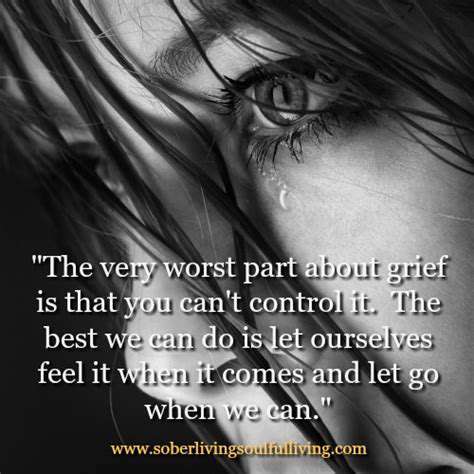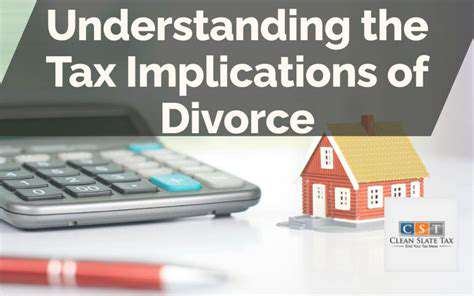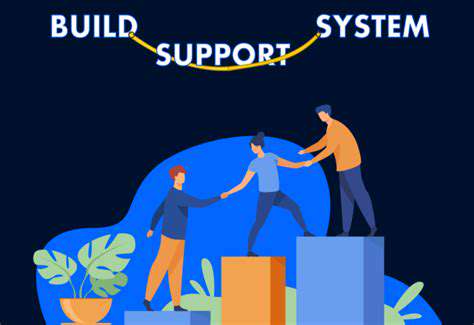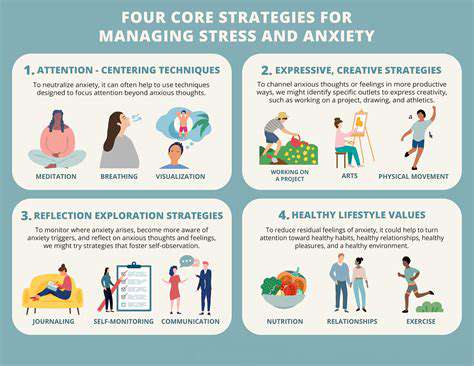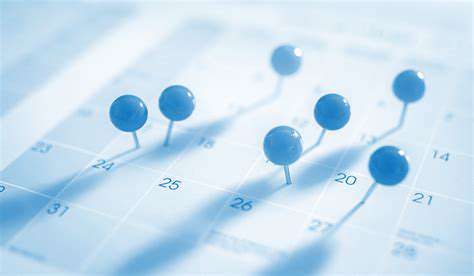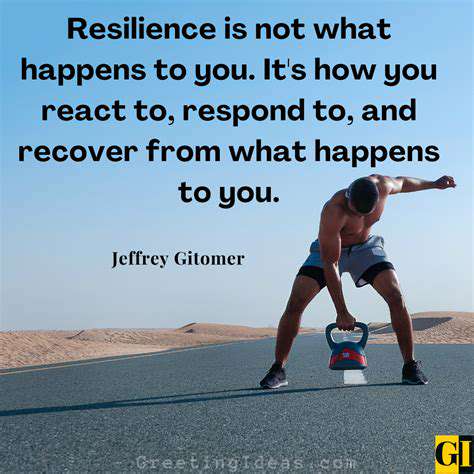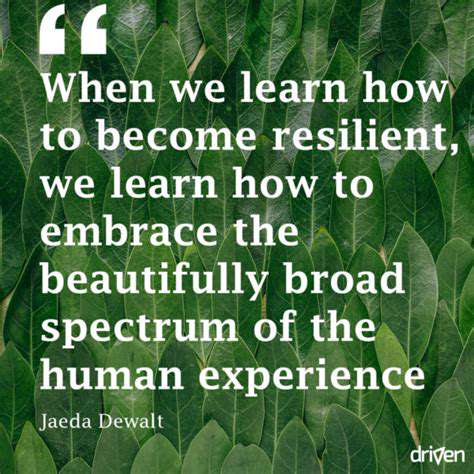Steps to Emotional Recovery Post Divorce
Embracing the Future with Hope and Resilience
Understanding the Emotional Landscape
Navigating the emotional aftermath of a divorce is a deeply personal journey, and acknowledging the range of feelings – from sadness and anger to confusion and relief – is the first step toward healing. Recognizing these emotions as a natural response to significant life change allows individuals to approach their recovery process with compassion and understanding. It's crucial to remember that there is no one-size-fits-all timeline for emotional recovery, and the experience will vary greatly depending on individual circumstances and coping mechanisms.
Allowing yourself to feel the full spectrum of emotions without judgment is essential. Suppressing feelings only prolongs the healing process. Journaling, talking to a trusted friend or therapist, or engaging in creative activities can be powerful tools for processing these emotions and gaining perspective.
Identifying and Addressing Triggers
Divorce often brings up past traumas and unresolved issues. Identifying situations, places, or people that trigger painful memories or emotions is crucial for managing the emotional fallout. These triggers can manifest in various ways, from specific conversations to certain anniversaries or even certain songs. Recognizing these triggers allows for proactive strategies to manage their impact.
Developing coping mechanisms for dealing with triggers is vital. This might involve deep breathing exercises, mindfulness techniques, or seeking support from a therapist or support group. By understanding and addressing these triggers, individuals can navigate challenging situations with greater resilience and emotional control.
Rediscovering Your Identity
Divorce often forces individuals to confront their identity in a new light. The loss of a shared life and the restructuring of daily routines can lead to feelings of displacement and uncertainty. Rediscovering your personal identity outside the context of the marriage is a crucial step in emotional recovery.
This process often involves exploring personal interests, hobbies, and values. Engaging in activities that bring joy and fulfillment – whether it's pursuing a new skill, reconnecting with old friends, or taking up a new sport – can be instrumental in rebuilding self-esteem and a sense of purpose.
Building a Supportive Network
Creating a strong support network is paramount during this challenging time. Leaning on trusted friends, family members, or support groups provides invaluable emotional and practical assistance. Sharing experiences and feelings with others who understand can foster a sense of community and belonging.
This network can provide emotional validation, practical advice, and a sense of shared experience. Don't hesitate to reach out to those who can offer support and understanding during this period of transition. The support of a therapist or counselor can be particularly helpful in navigating the complexities of emotional recovery.
Prioritizing Self-Care
Self-care is not a luxury; it's a necessity during the emotional recovery process. Engaging in activities that promote physical and mental well-being, such as exercise, healthy eating, sufficient sleep, and relaxation techniques, is crucial for managing stress and maintaining emotional balance.
Prioritizing self-care can take many forms, from spending time in nature to practicing meditation or mindfulness. Finding activities that nourish your mind, body, and spirit can significantly contribute to your overall emotional well-being during this challenging period.
Embracing New Beginnings
Divorce can be a catalyst for personal growth and a chance to embrace new beginnings. It presents an opportunity to redefine your priorities, pursue personal goals, and create a life that aligns with your evolving values and needs. This might involve exploring new career paths, moving to a new location, or pursuing long-held dreams.
Seeking Professional Guidance
Seeking professional guidance from a therapist or counselor can be invaluable in navigating the complexities of emotional recovery after divorce. A qualified mental health professional can provide support, tools, and strategies for managing difficult emotions, coping with stress, and developing healthier coping mechanisms.
Therapy can help individuals process their feelings, address underlying issues, and develop strategies for building resilience and moving forward. It's important to remember that seeking professional help is a sign of strength, not weakness, and can contribute significantly to a successful emotional recovery.
Read more about Steps to Emotional Recovery Post Divorce
Hot Recommendations
- divorce asset division legal checklist
- how to overcome breakup shock step by step
- divorce self growth strategies for single parents
- how to overcome divorce trauma quickly
- emotional recovery tips for breakup survivors
- divorce breakup coping strategies for adults
- how to find effective divorce counseling online
- divorce custody battle resolution strategies
- how to find affordable breakup counseling services
- best co parenting solutions for divorce cases

